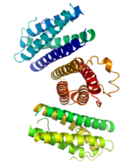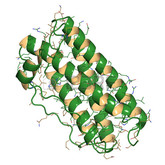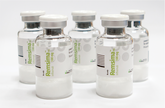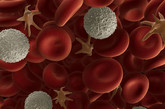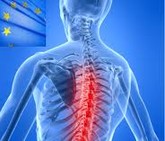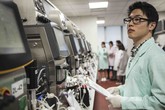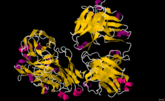Biosimilars/Research
|
Posted 26/05/2017
Inflammatory bowel disease (IBD) is mainly characterized by two chronic, relapsing, immune-mediated inflammatory diseases of the gastrointestinal tract: Crohn’s disease and ulcerative colitis. Approximately 1.4 million Americans are affected by IBD and afflicted with recurrent symptoms of bloody diarrhoea, abdominal pain, bowel obstruction, and other co-morbid conditions. The introduction of biologicals, highly complex molecules manufactured from living organisms, was a revolutionary advance in treating threatening and life-debilitating inflammatory diseases. Biologicals, particularly those that target tumour necrosis factor (TNF) signalling, have provided IBD patients with an efficacious method of treatment with regards to symptom management and mucosal healing. Nevertheless, the rising prevalence of IBD worldwide and the ever-increasing cost burden of biologicals in the healthcare industry is alarming for insurance companies, clinicians and patients.





















